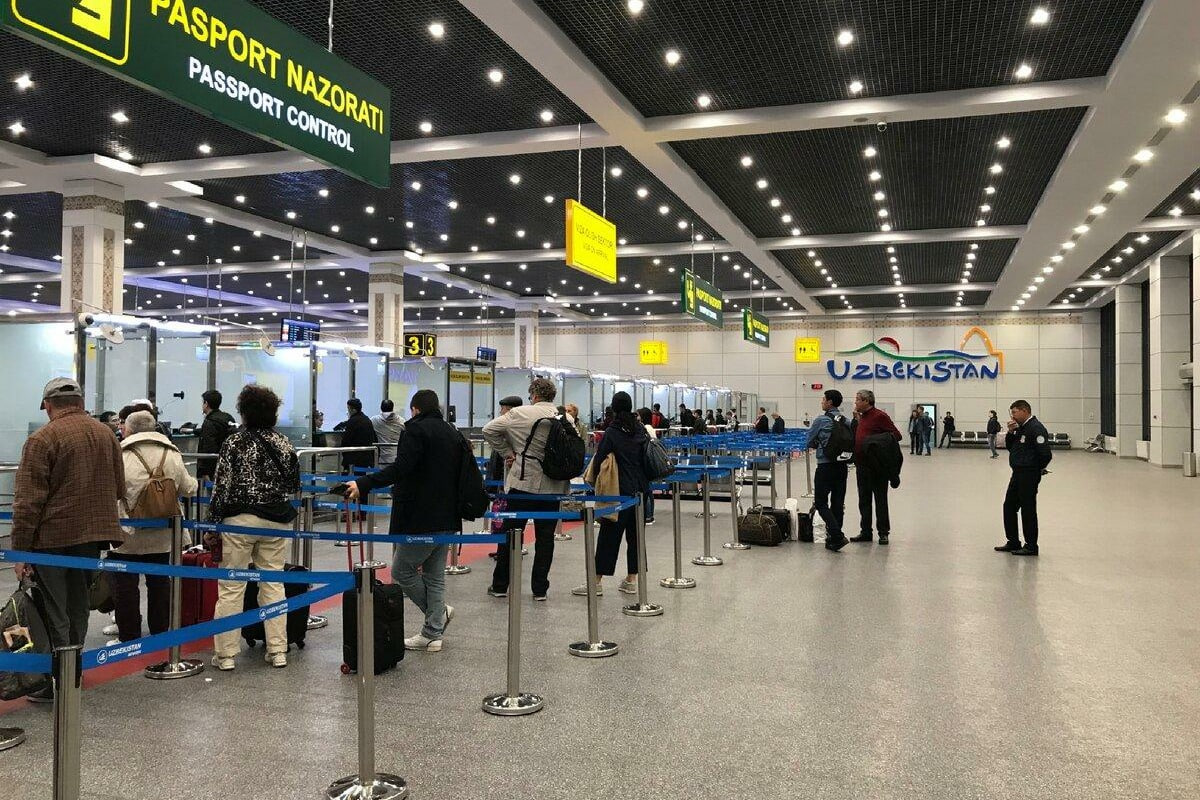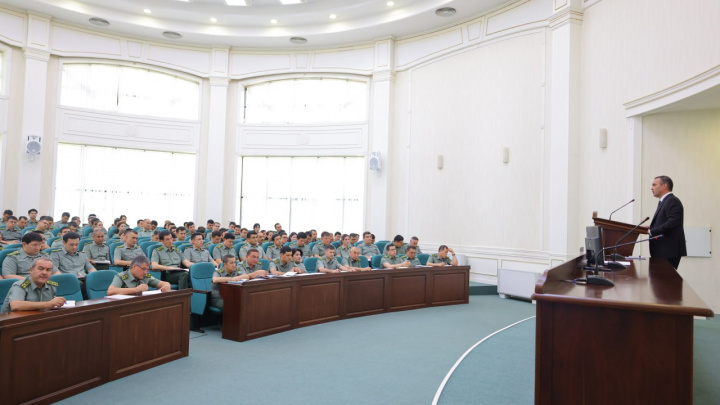Uzbekistan tightens duty-free import rules starting July 20
The Customs Committee of Uzbekistan has reminded the public that from July 20, a minimum duration of stay abroad will be required to qualify for the duty-free import allowance. Only those who have stayed abroad for at least 2 to 3 days – depending on their mode of border crossing – will be eligible to use the duty-free limit.

Photo: Ministry of Transport
Starting July 20, new regulations on the use of duty-free import limits for personal goods will come into force in Uzbekistan. Citizens will now be able to benefit from this allowance only if they meet the minimum required period of stay abroad. The Customs Committee issued this reminder citing the government decree dated April 19.
According to the new rules, to qualify for duty-free imports:
- Citizens returning on foot or by car must have stayed abroad for at least two days;
- Citizens returning by air must have stayed abroad for at least three days.
If the length of stay is shorter than the prescribed minimum, or if a person has crossed the border three or more times within a month, the duty-free allowance will not apply. In such cases, the goods are considered to exceed the limit and a uniform customs duty of 30% of their full value will be charged.
For example, importing a phone worth $1,300 without meeting the duty-free conditions would require paying a $390 customs fee.
How is the required length of stay abroad determined?
In April, the Customs Committee noted that the customs information systems are integrated with databases of other ministries and agencies. This allows real-time verification of how long a person has been outside the country. The new system will not cause additional delays for passengers, the committee assured.
At that time, the majority of citizens (76%) crossed the border by car, 20% by air, and 4% by rail.
It was also reported that information exchange has been established with nearly 50 airlines, enabling customs authorities to receive data on passengers, their luggage, and duration of stay abroad even before the flight arrives in Uzbekistan.
“This will allow customs controls to be carried out promptly during peak flight hours,” the committee said.
The system of “green” and “red” corridors will continue to operate. However, even when using the “green” corridor, customs officers have the right to conduct inspections and apply the appropriate control measures if there are signs of exceeding limits or other operational information.
Previously, inspections were carried out selectively and only if there were indications of violations.
It is worth recalling that by the same government decree, starting May 1, the duty-free limits for individuals were reduced as follows:
- For air transport — down to $1,000 (previously $2,000);
- For rail and water transport — down to $500 (previously $1,000);
- For crossing the border by car or on foot — down to $300.
Additionally, for goods delivered to individuals via international courier services, the limit was reduced from $1,000 per quarter to $200 per month. For items received by mail, the limit remains at $100.
A customs fee of 2% of the base calculation value per kilogram was also introduced for international courier shipments. This rule applies to goods purchased from foreign marketplaces and shipments between private individuals.
Related News

16:46 / 11.07.2025
Customs authorities report 34 trillion UZS in revenue as currency and jewelry confiscations soar in H1 2025

12:16 / 09.07.2025
UzIMEI system under fire: Senator calls for easing dual-SIM phone registration rules in Uzbekistan

12:02 / 09.07.2025
Uzbekistan increases mobile phone imports

19:43 / 02.07.2025



